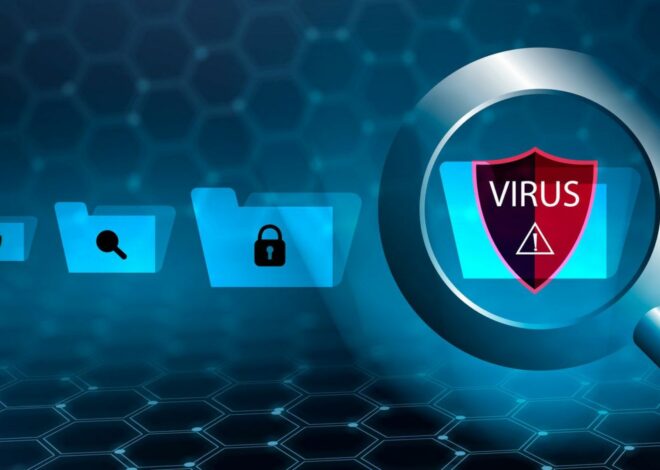
Antivirus and Privacy Concerns
Antivirus software, an essential tool in the cybersecurity arsenal, often collects and analyzes user data to effectively detect and neutralize threats. This data collection can range from basic information like file names and timestamps to more sensitive data like browsing history and network activity. While data collection is a necessary component of effective antivirus protection, it raises concerns about individual antivirus privacy. The extent of data collection varies among antivirus providers, and some users may be uncomfortable with the level of personal information being gathered.

Understanding the Purposes of Antivirus Data Collection
Antivirus software companies collect user data for various legitimate purposes, including:
Threat Detection
Analyzing user data helps antivirus software identify patterns and suspicious behaviour that may indicate malware or other threats.
Threat Analysis
Understanding how threats spread and interact with user data allows antivirus companies to develop more effective detection and prevention methods.
Product Improvement
Data collection provides valuable insights into user behaviour and preferences, enabling antivirus companies to refine their products and services.
Balancing Security and Privacy
While antivirus software plays a vital role in protecting our digital lives, it’s essential to strike a balance between security and privacy. Here are some strategies for minimizing data exposure while maintaining effective protection:
Choose a Reputable Antivirus Provider
Opt for antivirus software from established companies with a proven track record of data privacy practices. Read their privacy policies carefully to understand how they collect, use, and protect your data.
Customize Data Collection Settings
Many antivirus programs offer options to customize data collection settings. Review these settings and disable the collection of data that you deem unnecessary or overly intrusive.
Utilize Alternative Security Measures
Complement antivirus protection with other security measures, such as strong passwords, firewalls, and secure browsing practices, to reduce the reliance on data-intensive threat detection methods.
Enhancing Transparency and User Control
Antivirus software companies have a responsibility to be transparent about their data collection practices and provide users with meaningful control over their data. This includes:
Clear and Comprehensive Privacy Policies
Antivirus companies should provide clear and easy-to-understand privacy policies that outline the types of data collected, the purposes of collection, and the measures taken to protect user data.
Granular Data Collection Settings
Antivirus software should offer granular control over data collection settings, allowing users to selectively enable or disable the collection of specific data types.
Regular Data Audits and Privacy Impact Assessments
Antivirus companies should conduct regular data audits and privacy impact assessments to ensure their data practices align with user expectations and privacy regulations.
Conclusion
In the modern digital landscape, maintaining privacy while safeguarding our devices and data is a constant challenge. Antivirus software plays a crucial role in cybersecurity. But it’s essential to be mindful of the data it collects and the potential impact on privacy.
By choosing reputable antivirus providers, customizing data collection settings, and utilizing alternative security measures, individuals can effectively protect their digital lives while minimizing the exposure of their personal information. Moreover, antivirus companies must continue to enhance transparency. Provide granular user control and prioritize data protection practices to foster trust and maintain the delicate balance between security and privacy in the ever-evolving digital world.



